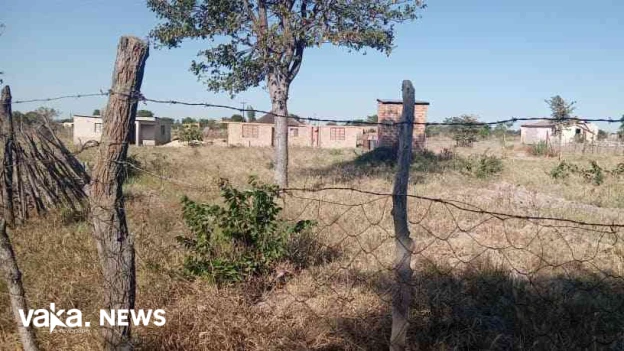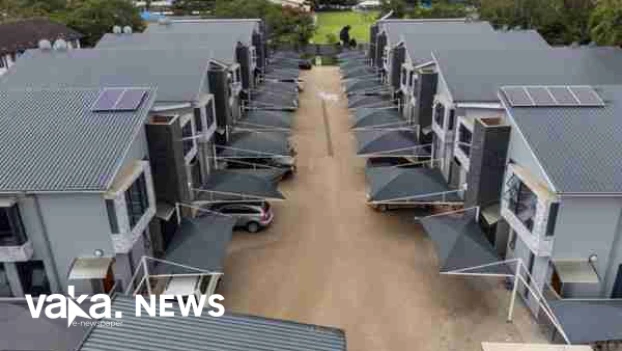Traditional leaders selling land face prosecution
- Category: Real Estate

- By Dion Kajokoto
Traditional leaders selling State land will be prosecuted and risk jail, the Ministry of Lands, Agriculture, Fisheries, Water and Rural Development has warned as it combats the growing practice by village heads, especially in the communal lands around Harare Metropolitan, to sell off plots.
Numerous village chiefs have already been found guilty of the offense.
According to Professor Obert Jiri, Permanent Secretary for Lands, Agriculture, Fisheries, Water, and Rural Development, traditional leaders are prohibited from selling State land, and communal land is categorized as State land held in trust. They ought to collaborate closely with neighborhood councils.
"Land should not be sold by village chiefs; instead, it should be kept for local families." There is no place for selling land to foreigners; preserve land for your children. For the sake of your future generations, land should be preserved. We do not want this to continue, as there are more and more cases of land sales in rural regions," he stated.
The government has been educating traditional leaders about their obligations through capacity development seminars over the past few years.
This came about as a result of certain traditional leaders being connected to land scams in which they accepted payments in exchange for granting access to communal lands within their community to individuals from other communities. According to Section 282 of the Constitution, traditional authorities are accountable for overseeing communal lands and preserving the natural environment.
The President owns rural land, according to the Communal Lands Act, a law designed to implement Section 4 of the Constitution. The President must allow rural land to be occupied and used well in accordance with the Act.
Some traditional leaders are said to have opted to break the law for financial gain, even though they are aware that rural land should be distributed to people for free following consultation.
One of the victims in the Department of Agricultural Education Services, director Mr Jotamu Dondofema, said he was ordered to pay US$2 500 to $3 000 for a hectare by a village head.
"Chegutu Railway 28 farm, located approximately 13 km from Norton on the Murombedzi road, was recommended to me." After being brought to the head of the community, I was informed that five 6ha plots were still unoccupied. I requested one, but I was informed that the district administrator, lands officer, and village head would each need to receive between US$2,500 and US$3,000. I was then told that the license or offer letter would be completed but backdated to a suitable period after I made my payment. Subsequently, I will have to make rent payments retroactive to the offer letter date," he stated.
Due to the growing expense of urban land, many urban home searchers are relocating to nearby rural areas, which is putting pressure on the demand for social services.
Home seekers are increasingly drawn to areas like Domboshava, which is 30 kilometers from Harare, and Goromonzi, which is around 40 km away. Domboshava and Goromonzi are not the only peri-urban communities in an arc surrounding the metropolitan region that face this predicament.






